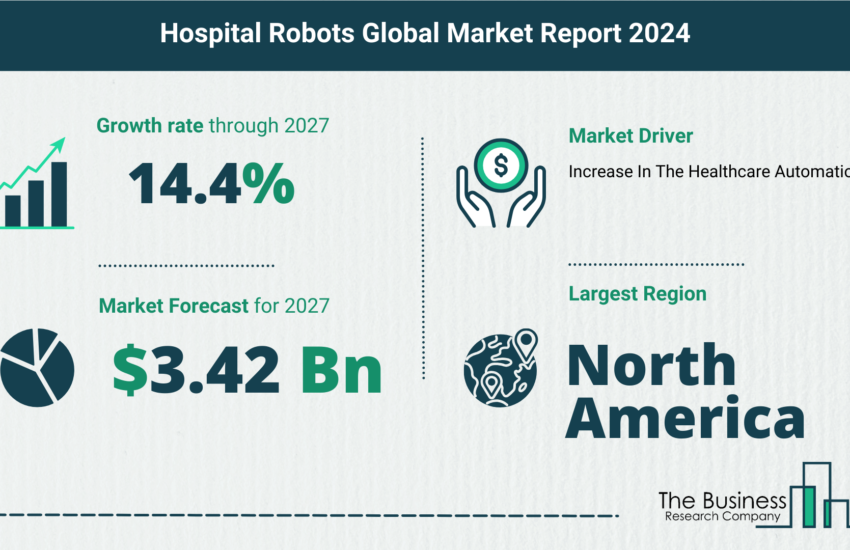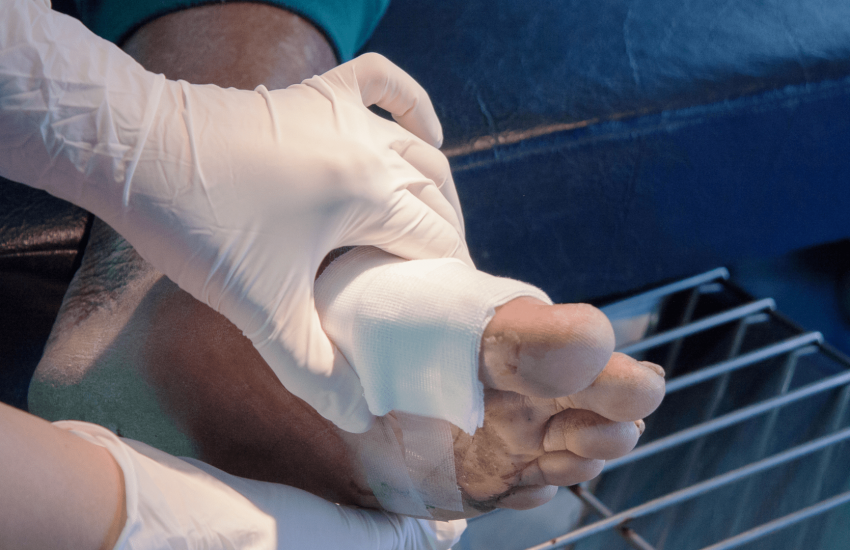The Organ-On-Chip Market Is Expected To Grow Quickly As The New Technology Advances And Is Commercialized
The organ-on-chip market is a particularly exciting area of scientific research and development and remains in the initial stages of commercialization. Scientific advances in cell biology, microfabrication and microfluidics have led to the development of organs-on-chips (OOCs). The global organ-on-chip market size reached a value of nearly $41.6 million in 2019, having grown at an annual growth rate of 70.5% since 2015. Despite the rapid growth, the small size of the market was mainly because organs-on-chips have not yet been fully commercialized. They are still in the research and development phase and are being used by a limited number of end-users. However, the OOC market is expected to continue to see rapid growth, at an annual rate of 30.4% to nearly $120.4 million by 2023.
It is expected to rise at this high annual growth rate due to an increase in the number of collaborative sales agreements between the pharmaceutical companies and university spin-offs, and the entry of new advanced models of OOCs into the market. The anticipated launch of advanced organ-specific models and human-on-chip models in 2018 is expected to further increase the growth rate of this market in future.
The launch of a human-on-chip is expected to boost the market as it is much anticipated by many of the end-users because it has the potential to predict the combined effects on multiple organs produced by a drug molecule. Following the launch of humans-on-chips, a wider range of companies are likely to invest in OOCs for testing drug candidates in their product portfolios.
OOCs are now being explored worldwide as tools for developing disease models and accurately predicting drug efficacies and toxicities. Many companies and universities have been continuously looking for new and better models for drug development. The advantages of OOCs over cell culture, animal models, and human clinical trials have captured the attention of the medical and pharmaceutical communities focusing on developing targeted therapies. In May 2018, AstraZeneca partnered with Emulate, Inc. to develop OOC models to demonstrate the utility of this technology as a more predictive alternative for efficacy and safety testing of new chemical entities. In 2017, Roche collaborated with ETH Zurich and the Wyss Institute at Harvard to intensify its focus on OOC that can help in advancing human-based and personalized research and development of drugs.
Going forward, the adoption of OOC technology by major pharmaceutical companies such as Roche and AstraZeneca among many others, and increasing drug repurposing approaches in the OOC industry will drive the OOC market’s growth.




